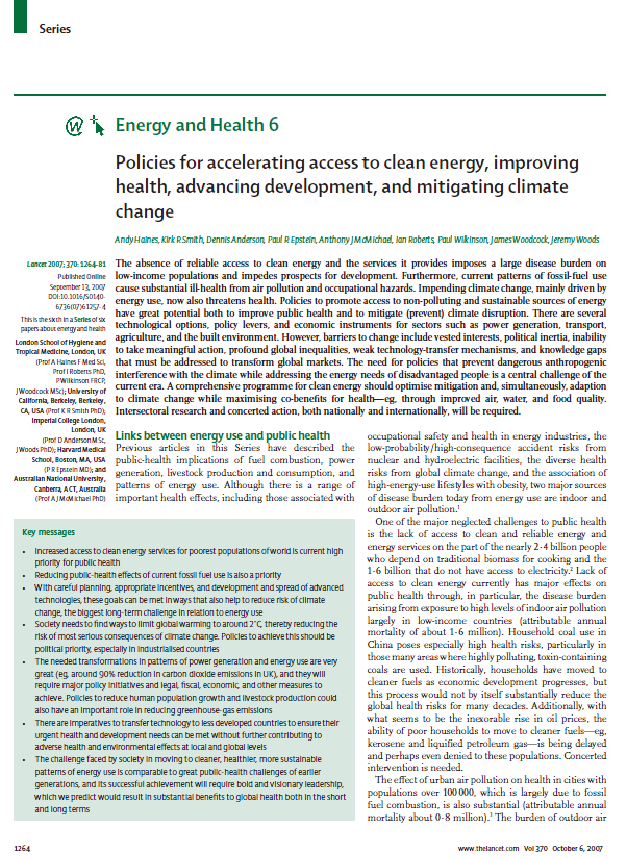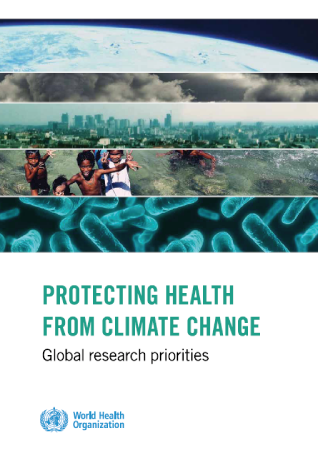Back to UNFCCC Submission
Back to Signatory List
Aubrey,
Yes, please add my name.
Anthony J. McMichael, MBBS, PhD
Professor & NHMRC Australia Fellow National Centre for Epidemiology & Population Health
ANU College of Medicine, Biology and Environment
Australian National University
Honorary Professor of Climate Change and Human Health, University of Copenhagen
"We have a huge moral dilemma. C&C is a simple and attractive idea and a wonderful way of achiveing fairness and sustainability."
Dr Anthony McMichael speaking on C&C
at the Medics/Military Conference at the BMA Monday 17th October 2011
The wide international inequalities in greenhouse-gas emissions will need to be addressed not least because developing nations are unlikely to accept their continued existence and, if the world’s population had the same per-head emissions as, for example, the citizens of the USA, the consequences would be profound. For this reason the concept of contraction and convergence has been proposed, which aims for equal per-head emissions over time. This aim requires choosing a stabilisation target and a date for convergence in per-head emissions between countries. Stabilisation at 450 ppm CO2e and convergence
by 2030, for example, would necessitate reductions of per-head emissions of 90% for many developed nations (around 95% for the USA).
Energy and Health 6, The Lancet - Policies for accelerating access to clean energy, improving health, advancing development, and mitigating climate change - Andy Haines, Kirk R Smith, Dennis Anderson, Paul R Epstein, Anthony J McMichael, Ian Roberts, Paul Wilkinson, James Woodcock, Jeremy Woods
In a recent paper in The Lancet we propose that the world should commit to reducing the global average daily intake of meat, especially red meat from ruminants. This would be part of the evolving portfolio strategy – across various sectors of commerce, energy use and human behaviour – to mitigate climate change. The fairest approach is ‘contraction and convergence’, where the world’s nations agree to reduce average per-person meat consumption (currently just over 100 grams per day) and to do so equitably. High-consuming populations would reduce their intake and low-consuming populations could increase their intake up to the agreed average level.
Contraction and Convergence is Good for our Health
Food Ethics - Tony McMichael
"The few studies that are now beginning to assess the health consequences of decisions aiming to mitigate or adapt to climate change use very different analytical methods and assumptions, even for very similar challenges. There is a need to develop more generic guidance on conceptual frameworks and methods in order to improve comparability, and assist decision-makers to achieve the greatest health “co-benefits”, and avoid harm. This should cover the full range of potential decisions, from the “macro” level for example global contraction and convergence in carbon dioxide (CO2) emissions; carbon pricing policy and incentives), to more local and sector specific decisions (e.g. city-level policies to promote public transport, or to protect a natural watershed)."
Protecting Health from Climate Change
Global research priorities
World Health Organisation 2009




